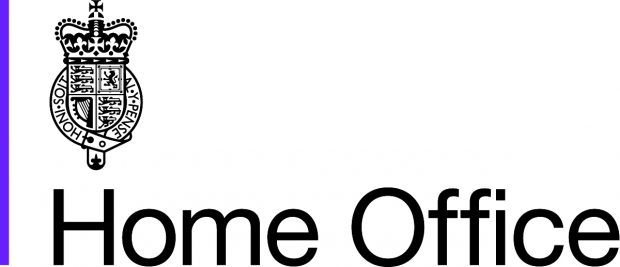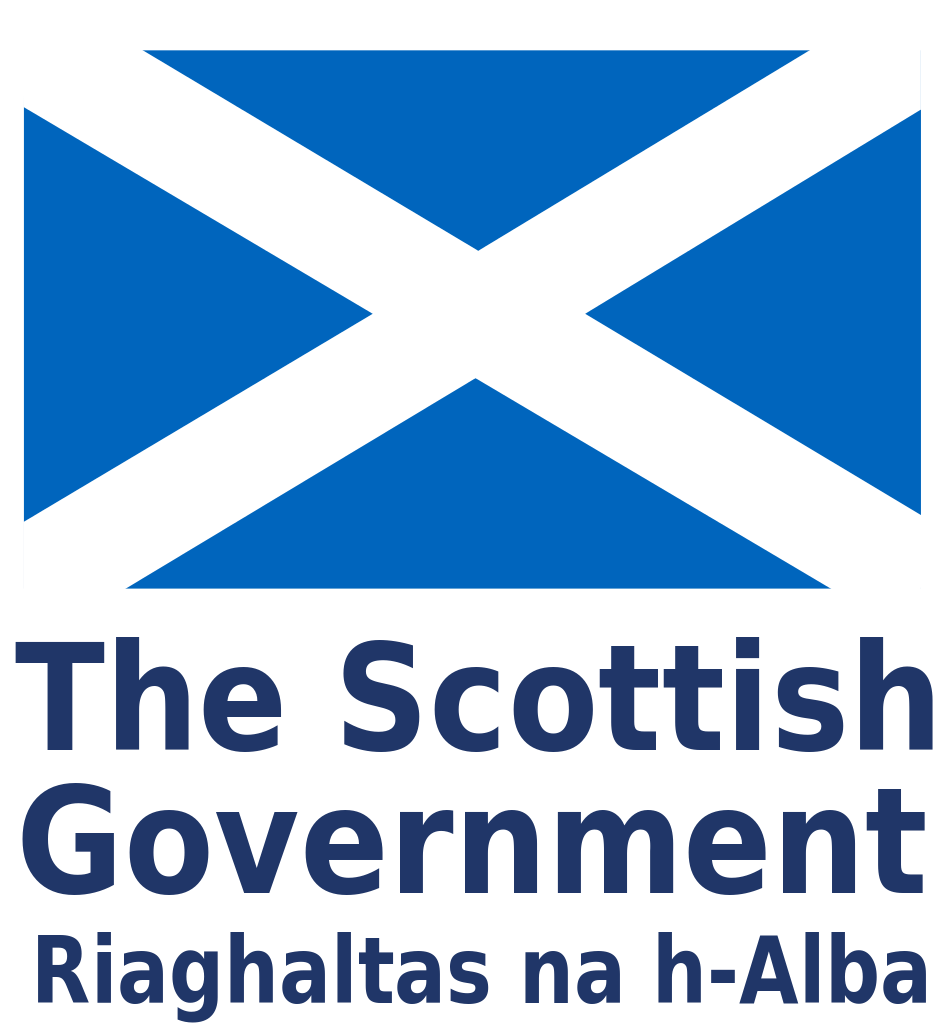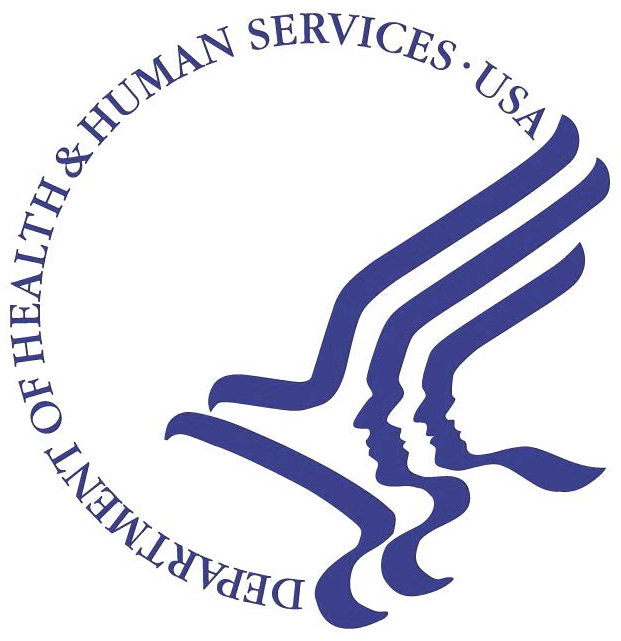
Millennium Cohort Study (MCS)
Overview
Aims
The Millennium Cohort Study (MCS) is a national longitudinal birth cohort study following the lives of around 19,000 young people born in the United Kingdom in 2000-01. This multidisciplinary survey aims to capture the influence of early family context on child development and outcomes. Children from minority ethnic backgrounds and children in Scotland, Wales & Northern Ireland are oversampled to help capture the diversity of backgrounds into which children are born in the beginning of the 21st century.
Institution
Centre for Longitudinal Studies (CLS) - Institute of Education (IoE), UCL
Geographic coverage - Nations
England, Scotland, Wales, Northern Ireland
Geographic coverage - Regions
Nationwide
Start date
2000
Catalogue record last updated
12/02/2026
Sample
Sample type
Birth cohort
Sample details
Children born between September 2000 and January 2002. The sample was selected from a random sample of electoral wards, disproportionately stratified to ensure adequate representation of all four UK countries, deprived areas and areas with high concentrations of Black and Asian families.
An additional 692 families who were eligible for MCS1 but weren't picked up by the child benefit system were recruited at the age 3 survey.
Sample size at recruitment
18,818 children
18,552 families
Sample size at most recent sweep
9,735 cohort members (2024 - MCS8)
Sex
All
Age at recruitment
Birth
Cohort year of birth
2000
Data
Data access
UK Data Service
https://cls.ucl.ac.uk/data-access-training/access-ukds/
Genetic data collected
Linkage to administrative data
Education data Health data Mortality data

Key Papers
Reference papersCohort Profile: UK Millennium Cohort Study (MCS).doi.org/10.1093/ije/dyu001 The Millennium Cohort Study: the making of a multi-purpose resource for social science and policy.doi.org/10.14301/llcs.v7i4.410 Impactful papers using study dataThe association between adolescent well-being and digital technology use. doi.org/10.1038/s41562-018-0506-1 Economic deprivation, maternal depression, parenting and children's cognitive and emotional development in early childhood. doi.org/10.1111/j.1468-4446.2008.00219.x Correlates of mental illness and wellbeing in children: Are they the same? Results from the UK Millennium Cohort Study. doi.org/10.1016/j.jaac.2016.05.019
Additional information
Website
cls.ucl.ac.uk/cls-studies/millennium-cohort-study
Notes
Also known as Child of the New Century.
Related themes
Covid-19 data collection,
Cognitive measures,
Diet and nutrition,
Education,
Ethnicity and race,
Sexuality and gender identity,
Housing,
Socioeconomic status and deprivation,
Language and literacy,
Loneliness and social isolation,
Migration and immigration,
Neighbourhood,
Physical health assessment,
Political and social attitudes,
Digital technology and social media,
Victimisation and life events,
Puberty,
Reproductive health,
Work and employment,
Parenting and family,
Sleep problems,
Social care - receipt,
Social care - provision,
Social care - need
Mental health measures timeline
Sweep name:
Cohort member age:
Data collection period:
Notes:
Physical health measures:
















